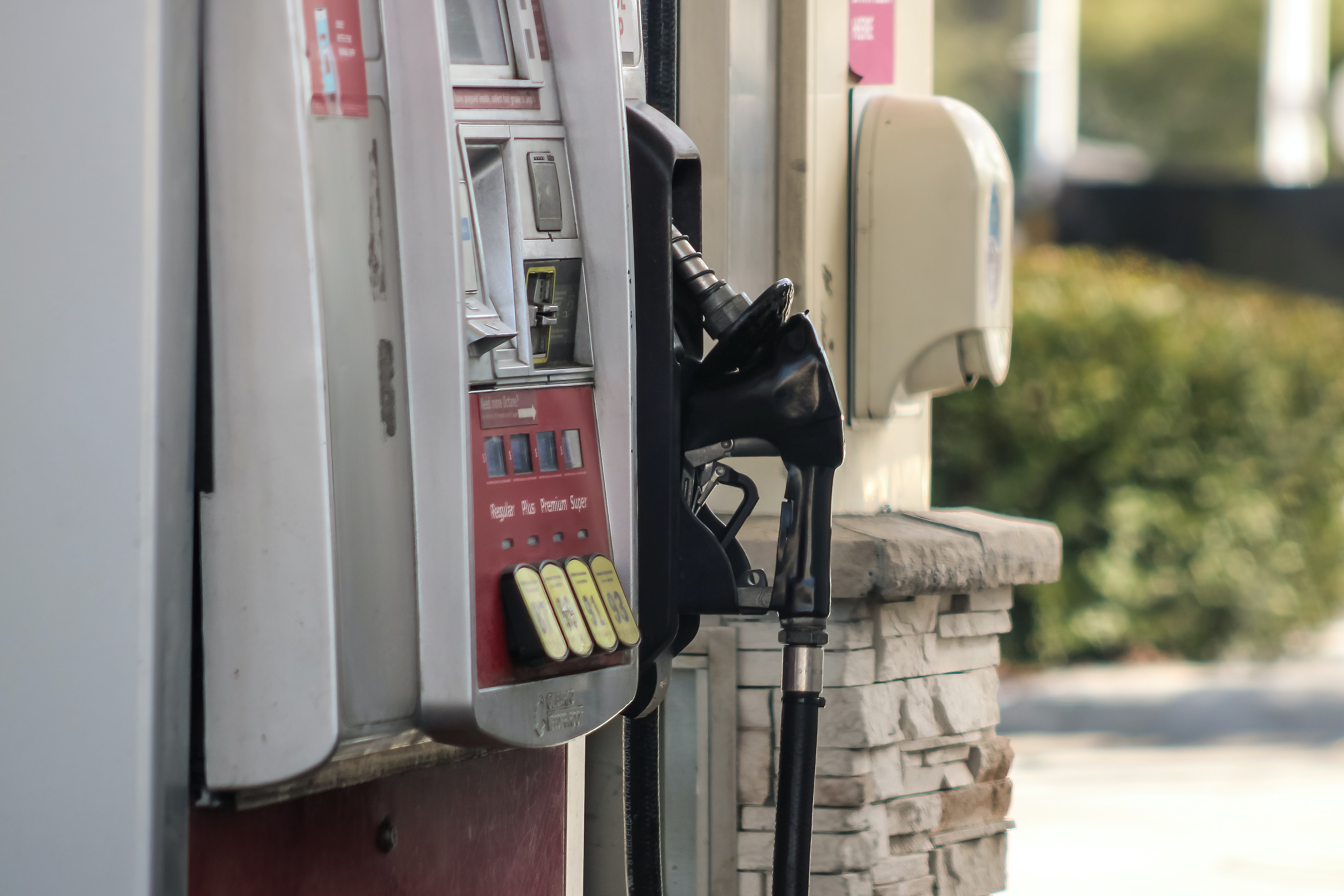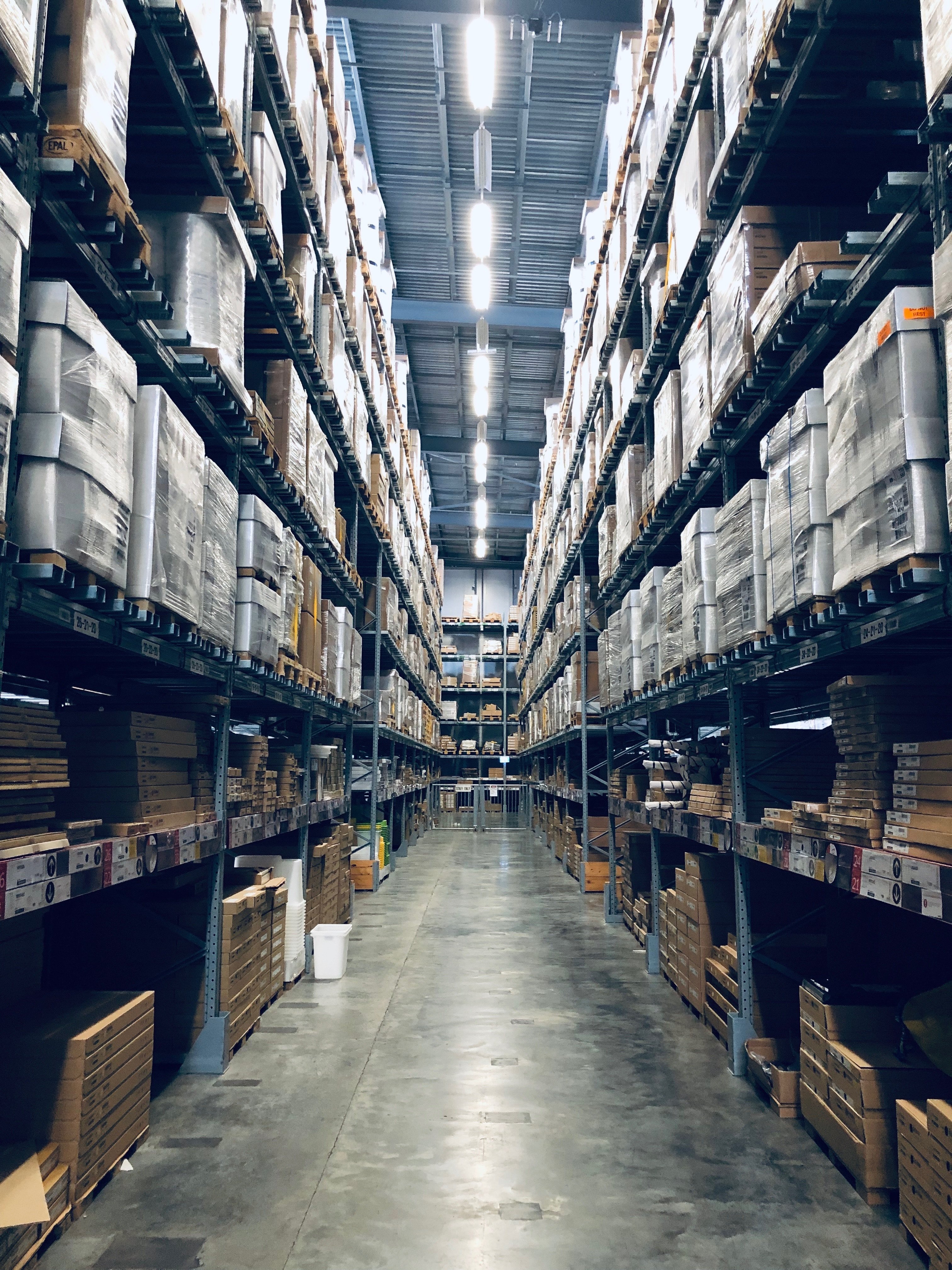
Gas & Fuel Stations
Compliance and Maintenance for Gas Stations
As the lifeblood of transportation and an essential element of our daily lives, gasoline must always be readily available and reliable. This is why gas stations should always prioritize the upkeep and maintenance of their underground storage tanks or USTs. A compliant UST ensures that the fuel dispensed is safe and meets environmental regulations while minimizing any risks of leaks or spills to the environment. Furthermore, proper maintenance of USTs not only helps to ensure customer safety and satisfaction, but it also saves gas station owners valuable time and resources in terms of cleanup and remediation costs. By taking conscious steps to maintain the quality of their fuel storage tanks, gas stations can continue to provide essential services to their communities and uphold their reputation as a trustworthy source of fuel.




Airport & Transportation
Keep the planes in the air by doing things right on the ground
At any airport, the on-site fuel centers are of paramount importance. These facilities hold the fuel that is used to keep flights moving in and out of the airport's runway. As a result, it is vital that they are managed properly to ensure the safety of the passengers and the employees who are working around them. One of the many regulations that these fuel centers must adhere to is the careful monitoring of underground storage tanks (USTs). These USTs are used to hold massive amounts of fuel and must comply with a number of different government rules in order to ensure safety. However, it is up to the airport to make sure that they are in compliance with all of these regulations. When an airport fails to keep their on-site fuel centers operable, it puts everyone who is involved in air travel at risk. That is why it is so important for airports to be diligent in this regard. By doing so, they are able to provide a safer and more reliable experience for all of their passengers.
Farm & Agriculture
A well-fueled farm makes the world go round
Farms are the backbone of our nation's agriculture industry, and their success is vital for food production and economic growth. One important aspect of farm management is the maintenance of their on-site fuel stations, which play a vital role in keeping their equipment and machinery running smoothly. A poorly maintained fuel station can lead to leaks in the underground storage tank (UST), leading to soil and water contamination, damage to farm equipment, and potential financial liability. By making sure that their on-site fuel stations are working properly and well-maintained, farmers can ensure the safety of their workers, equipment, and protect the surrounding environment. It is important to emphasize the significance of sound fuel station management to encourage farm owners to take proactive measures in keeping their fuel stations safe.




Military & Government
Keep your fuel ready so you can stay in the fight
As an essential part of our national security, it is of utmost importance that military bases ensure the proper functioning and maintenance of their fueling stations. These stations rely on underground storage tanks (USTs) to hold vast quantities of fuel for military vehicles and aircraft. Without a well-maintained UST, fuel can leak out and create environmental hazards, potentially causing harm to both people and wildlife. Additionally, malfunctioning equipment may cause delays or cancellations in military operations, which not only impacts operational efficiency but also puts personnel at risk. Therefore, it is imperative that military bases prioritize the proper upkeep of their fueling stations to maintain operational readiness and mitigate environmental harm.
Boating & Marinas
Make sure your guests are able to leave the no-wake zone
The upkeep of a full-service marina is crucial in ensuring a clean, safe environment for all visitors and the surrounding ecosystem. This upkeep includes the proper maintenance of underground storage tanks (USTs) that hold fuel and other marine fluids, such as waste oil and hydraulic fluid. Any leaks in these tanks can lead to significant environmental damage and pose health risks to both humans and wildlife. Marinas that take the necessary steps to maintain their USTs and ensure they are leak-free are not only complying with federal regulations, but also demonstrating their commitment to responsible boating practices. In short, the importance of marinas keeping their full stations well-maintained and leak-free cannot be overstated, and we all have a responsibility to prioritize environmental preservation for the benefit of current and future generations.




Shipping & Freight
Fueling the world's supply chain
As shipping and receiving companies play a fundamental role in the supply chain, their efficiency is paramount. One way they can ensure this is by installing on-site fuel stations, which provide numerous benefits. These stations bolster fuel management, reduce transportation expenses, and stay compliant with pertinent regulations. Moreover, maintaining these stations is just as crucial as their installation. Companies should adhere to the necessary compliance protocols and keep their underground storage tanks (USTs) well-maintained to avoid disruptions in service. By taking such measures, shipping and receiving companies can guarantee uninterrupted fuel supply while promoting a conducive environment for their operations.
Retail & Warehousing
On-Site Fueling for Retail Organizations
In today's competitive retail landscape, having an on-site fueling station can provide a significant advantage to businesses. However, it's crucial for retail locations with fueling stations to partner with experts in order to properly install and maintain their fuel stations and keep them compliant with local and federal regulations. Partnering with experts can help ensure that the underground storage tanks (USTs) are being properly maintained and monitored, and that the fuel being dispensed is of high quality. Additionally, retail locations with fueling stations located near airports must be vigilant in meeting airport regulations and safety requirements. By investing in the expertise necessary to maintain compliance, businesses can protect themselves from costly fines and ensure that their customers can continue to rely on them for quality fuel.

